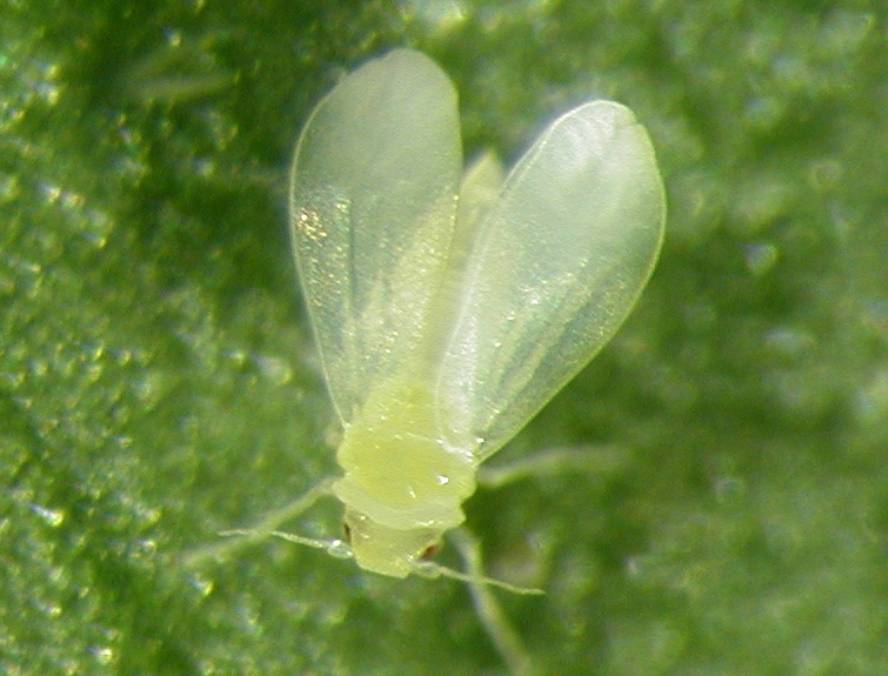Natural transfer of genes from plants to insects
Gene transfer between species has been common in evolution. For millions of years, many animals and plants have used genes transferred by bacteria and fungi, which has allowed them to develop new metabolic or defense strategies, among others. To date, however, no genus transferred naturally by a plant to an insect was ever identified. Researchers at the Max Plank Institute have seen Bemisia tabaci on white flies, which serves them to neutralize toxins from the plants they eat.
Researchers still don't know how the white fly got a plant gene, but the mediator may be a virus that introduced the plant's genetic material into the fly genome.
Thanks to this gene they have discovered that the insect adds a chemical group to the toxin called phenolic glycoside, which neutralizes the toxin and makes it not dangerous. Thus, the white fly can eat without risk of poisoning that toxin that many plants use as a protective measure against insects. According to researchers, this fly may have become the cause of major epidemics. Bemisia tabaci feeds on hundreds of plant types and releases a sweet and viscous liquid that becomes ideal for the growth of fungi in the plant. They are also vectors of more than a hundred viruses for plants.
Aware of this, tomato plants have been designed to block the expression of this fly gene by introducing a RNA molecule to the plant with this function. Most white flies fed with these tomato plants have shown their death. The study was published in Cell magazine.






